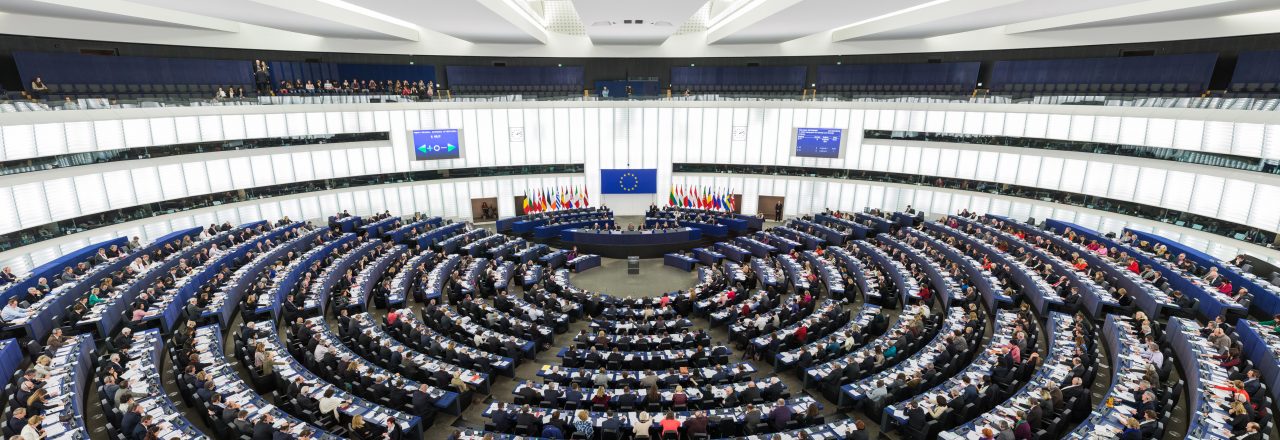
New rules for temporary border controls within the Schengen area
In a plenary vote on Thursday 29 November, MEPs established the Parliament position for negotiating with EU ministers the revision of the Schengen Borders Code. The current Schengen Borders Code allows member states to carry out temporary checks at internal borders within the Schengen area, in the event of a serious threat to public order or to internal security. MEPs agreed that the initial period for border checks should be limited to two month, instead of the current six-month period and they also agreed that border checks couldn’t be extended beyond one year, halving the current maximum limit of two years. Rapporteur Tanja Fajon stressed: “Schengen is one of the EU’s greatest achievements. However, it has been put at serious risk due to ongoing illegal controls at internal borders by six states for more than three years, despite a two-year maximum period. This shows how ambiguous the current rules are and how states misuse and misinterpret them. If we want to save Schengen, we need to put a stop to this and establish clear rules.” MEPs highlighted that as the free movement of persons is affected by temporary border checks, these should only be used in exceptional circumstances and as a measure of last resort.
- The Euromed news are edited by the team of the Euro-Mediterranean Policies Department of the European Institute of the Mediterranean -


